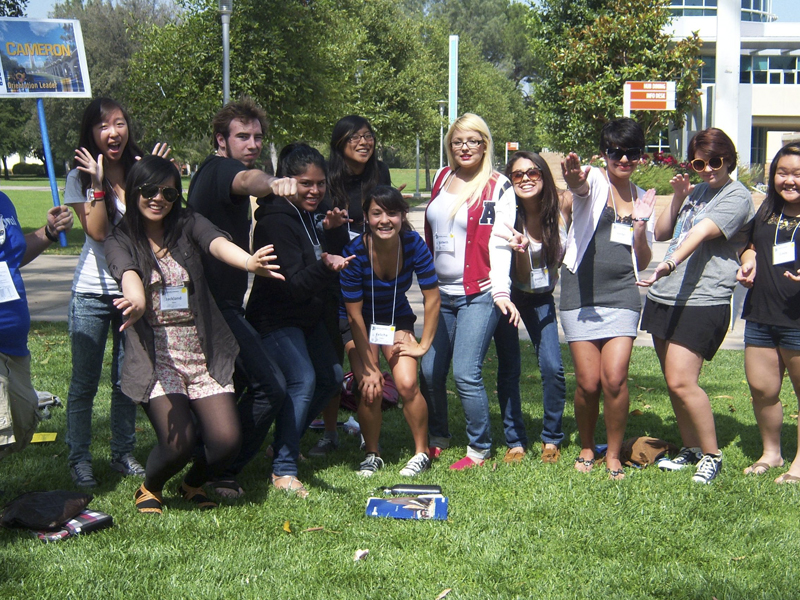
By a 6-2 vote, the U.S. Supreme Court on Tuesday upheld Michigan’s decision to ban the consideration of race, ethnicity or gender — also known as affirmative action — when students apply to public universities.
Michigan, like California, previously passed a ballot initiative that banned affirmative action. Ever since the ballot initiative was passed in 2006, Michigan has debated the merits of the ban on affirmative action and some have called for the ban’s repeal. On April 22, 2014, the U.S. Supreme Court upheld the ban, however, in the Schuette v. Coalition to Defend Affirmative Action case. The ruling overturned the U.S. Court of Appeals for the 6th Circuit’s decision which originally called Michigan’s ban unconstitutional.
California currently faces a similar issue. Debate is ongoing over Senate Constitutional Amendment 5 (SCA 5), an amendment which would repeal provisions of Proposition 209 and allow the consideration of race in public university admissions.
Since California passed Proposition 209 in 1996, some citizens have called for its repeal, arguing in favor of affirmative action. On Jan. 30, 2014, the state senate approved SCA 5, but the amendment has since been tabled by California State Assembly Speaker John H. Perez.








